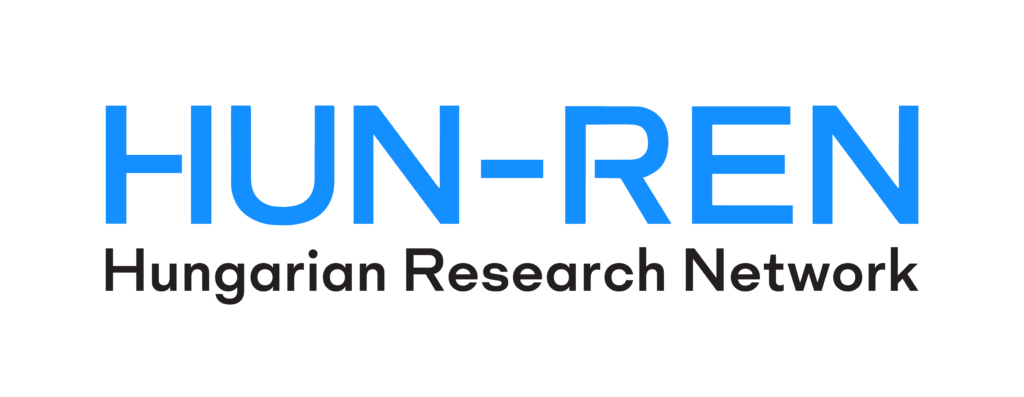Do exhausted primary school students cheat more? A randomized field experiment
Abstract
Motivated by the two-decade-long scientific debate over the existence of the ego-depletion effect, our paper contributes to exploring the scope conditions of ego-depletion theory. Specifically, in a randomized experiment, we depleted students’ self-control with a cognitively demanding task that required students’ effort. We measured the effect of depleted self-control on a subsequent task that required self-control to not engage in fraudulent cheating behavior—measured with an incentivized dice-roll task—and tested ego-depletion in a large-scale preregistered field experiment that was similar to real-life situations. We hypothesized that treated students would cheat more. The data confirms the hypothesis and provides causal evidence of the ego-depletion effect. Our results provide new insights into the scope conditions of ego-depletion theory, contribute methodological information for future research, and offer practical guidance for educational policy.



